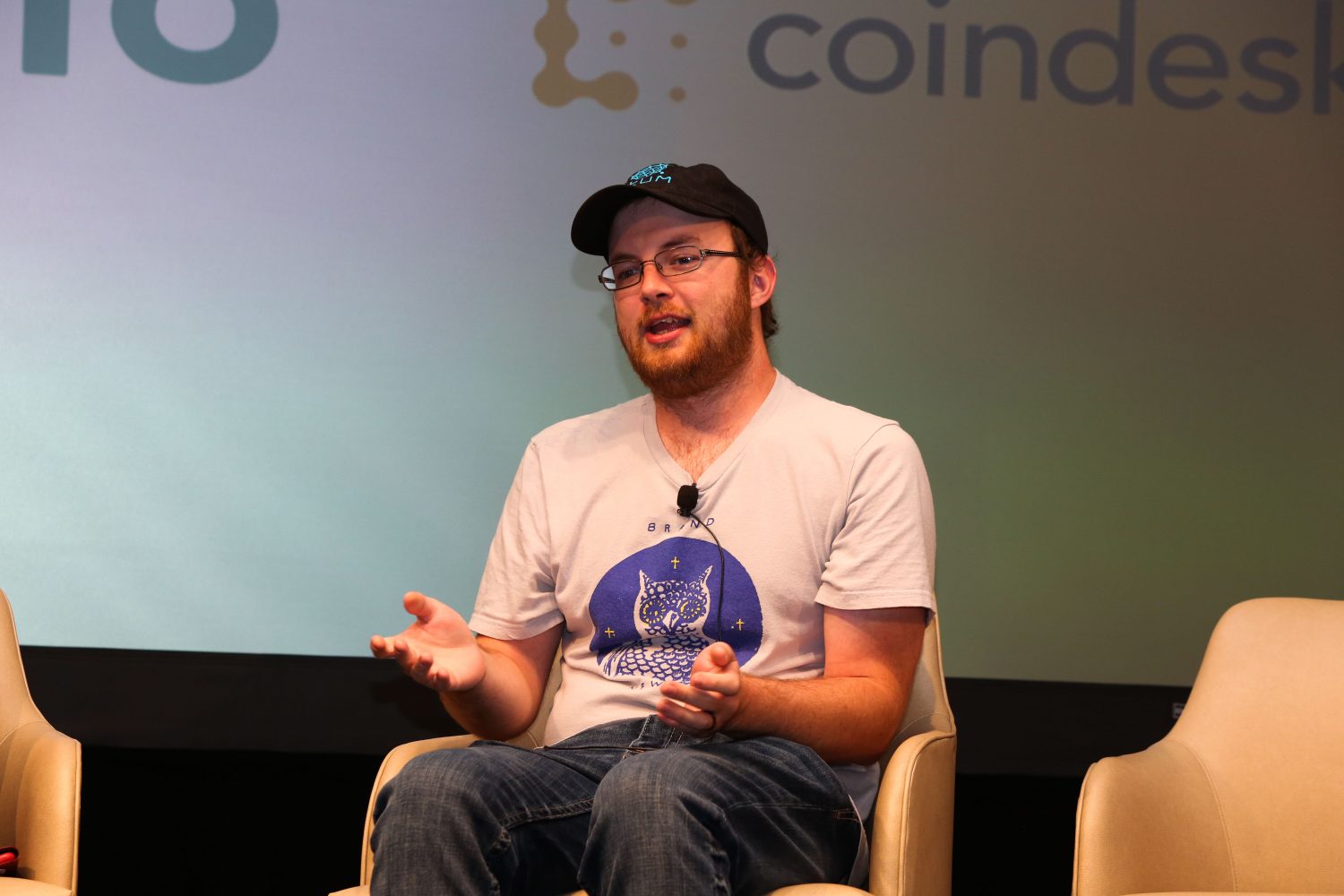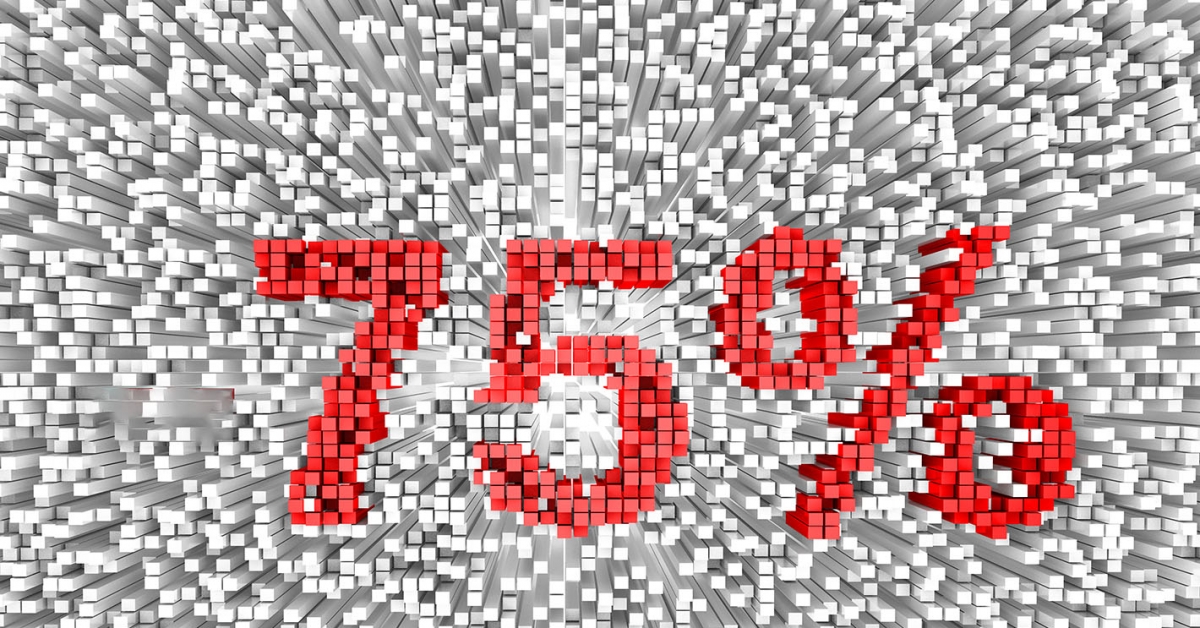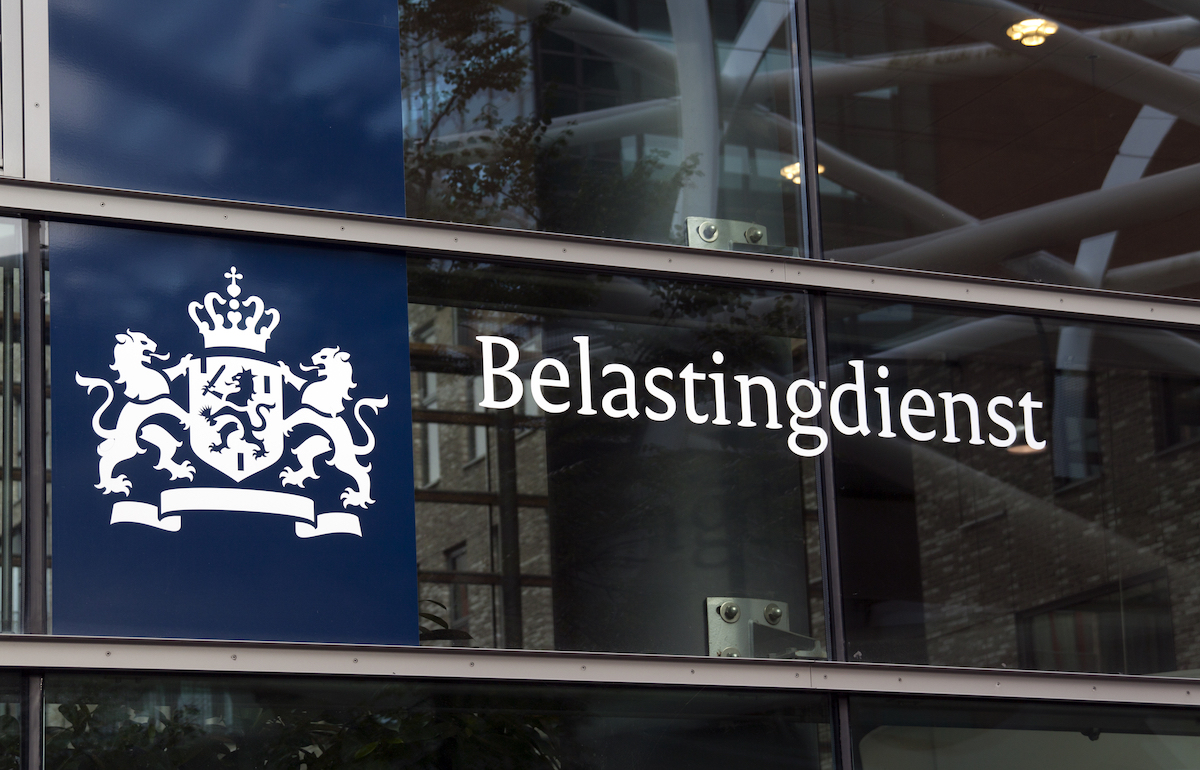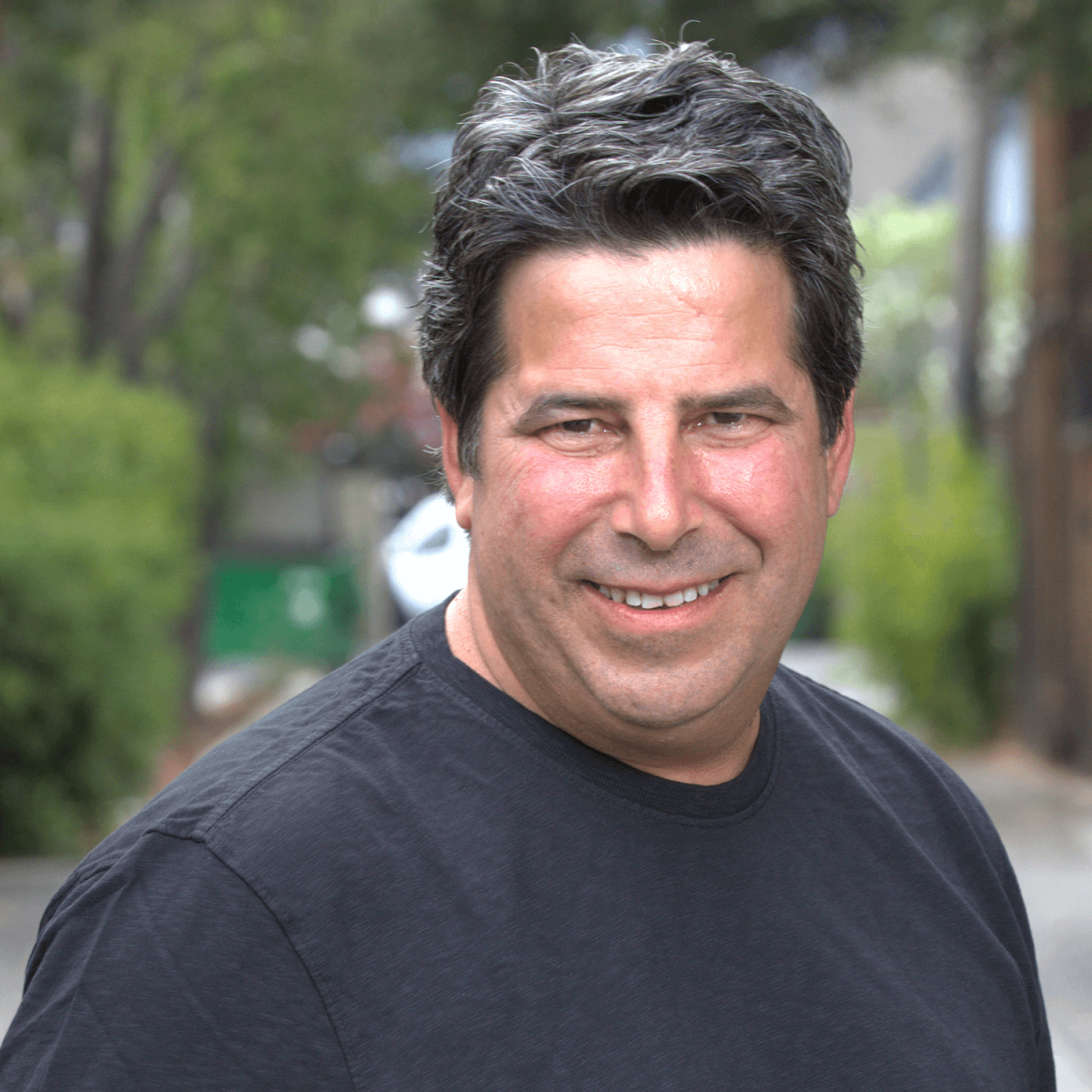Q Protocol to Apply International Court of Arbitration Rules to DeFi Disputes in a Sign of Growing Industry Maturity
/arc-photo-coindesk/arc2-prod/public/LXF2COBSKBCNHNRE3WTK2BZ7GE.png)
-
Q Protocol, which provides decentralized organizations with blockchain governance as a service, will use the rules of the International Chamber of Commerce’s arbitration court to resolve DeFi disputes.
-
The International Court of Arbitration is one of the world’s leading arbitration institutions and the ability to use its framework lends the DeFi space unprecedented credibility.
-
Q Protocol’s
constitution
lays down the rules of the system, which includes the resolution mechanism of the ICC.
Q Protocol, which provides blockchain governance as a service to Web3 and decentralized autonomous organizations, will use the rules laid out by the International Chamber of Commerce (ICC)’s arbitration court to resolve disputes and enforce awards, Nicolas Biagosch, the protocol’s co-initiator, told CoinDesk in an interview.
The protocol allows developers to build organizational constitutions that are enforced by smart contracts and include off-chain avenues for resolving disputes the code can’t deal with. Q Protocol’s own constitution lays down the rules of the system, which includes resorting to the 100-year-old International Court of Arbitration.
Historically, dispute resolution has been a problem in DeFi. One example: A clash between Aragon Foundation, the Swiss entity that oversaw Aragon, and a group of activist investors who took interest in the project’s ANT token and multimillion-dollar treasury, led to the foundation winding down and handing its $155 million in assets to token holders.
“We would have had a solution to the Aragon dispute,” Biagosch said.
The ICC rules are often used by entities as a way to conduct private arbitration because it tends to be quicker than nation-state-based jurisdictions.
:format(jpg)/cloudfront-us-east-1.images.arcpublishing.com/coindesk/XUYZN5JNRVDMNGXQYDLXVRB2SQ.png)
“We are in a position to administer matters submitted to us unless doing so would contravene the legal framework within which ICC operates,” Alexander G. Fessas, secretary general of the International Court of Arbitration, told CoinDesk in an interview. “I can confirm that the ICC International Court of Arbitration has already administered blockchain-related disputes.”
Despite not being a first, the fact that disputes within the space of decentralized finance (DeFi) can use the framework offered by ICC, the world’s leading arbitral institution for resolution lends the space unprecedented credibility.
“Our mission is to ensure access to justice and the rule of law and our objective is to assist parties in resolving their disputes.” Fessas said. “It is good to see businesses in emerging industries like blockchain choose reputable institutional arbitration, and we expect to see more of this moving forward, particularly in specialized technologies.”
:format(jpg)/cloudfront-us-east-1.images.arcpublishing.com/coindesk/T62GOHKHLNB6TM2JYXGC6VSA7U.png)
“The participants in the Q ecosystem (13 projects have signed on to use the services) are parties to the private contract that is the Q Constitution,” Biagosch said. “They have agreed therein that the ICC Court of Arbitration shall, based on the Q Constitution and through its rules of procedure, be the only mechanism to resolve disputes, instead of and alternative to nation-state court systems.”
Biagosch also said that the ICC will always reserve the right, based on its rules, to not hear the case. “One cannot force it into dispute resolution.”
Apart from dispute resolution through the ICC, decentralized discretionary decision-making and decentralized enforcement of rules beyond code-is-law are other aspects of Q Protocol’s services. The Q Protocol mainnet started operations in March 2022. In addition to the projects signed on to use the governance services, as many as 123 DAOs have built their organization on Q, which is another service available on the platform.
Edited by Sheldon Reback.









